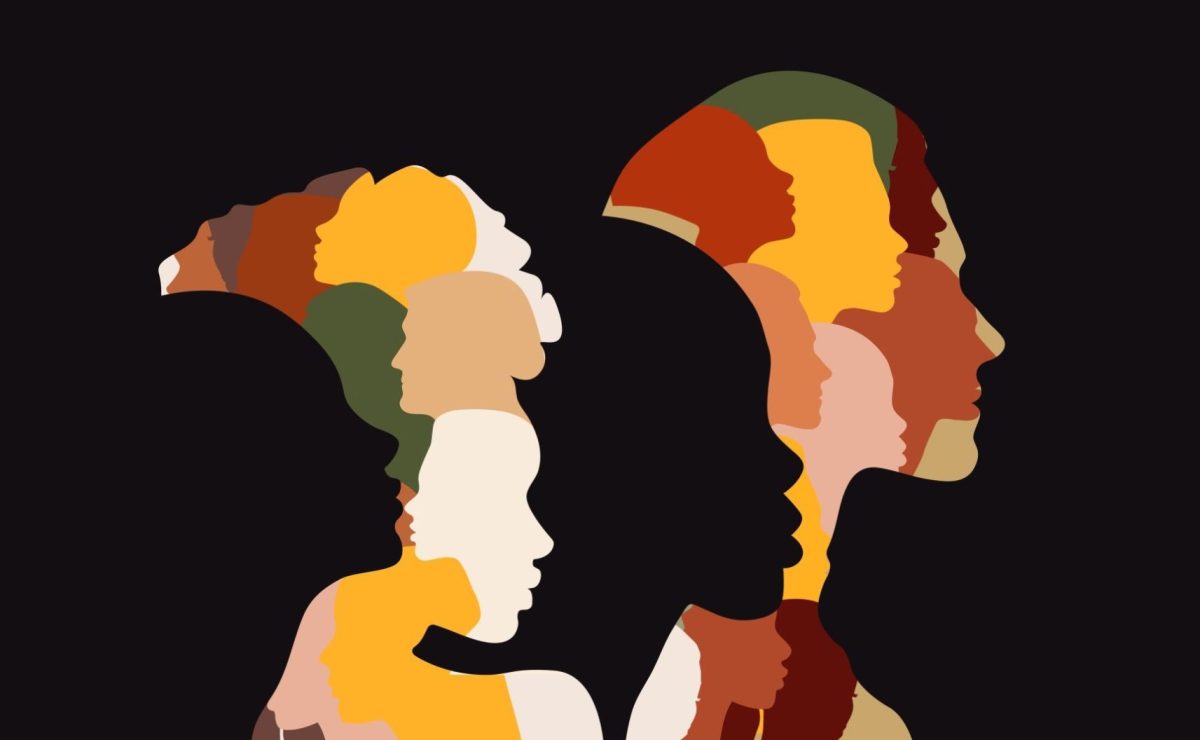The theme for Black History Month 2025 is “African Americans and Labor”. What does this actually mean? According to the Association for the Study of African American Life and History (ASALH) this focuses on “…compensated labor in factories, the military, government agencies, office buildings, public services, and private homes.”
At Leathwaite, we believe that bold ideas, deep market expertise, and continuous progress drive better leadership decisions. This article shares real market insights, offering perspectives on Black leadership within product management, software engineering and technology, and human resources in the United States. Leathwaite’s clients are at the heart of this whitepaper: to offer our clients points of consideration directly from the market.
We’ve gathered insights from leaders across industries to explore challenges, opportunities, and actionable strategies. To foster open, honest dialogue, all contributors are anonymous—ensuring a candid and meaningful discussion on leadership, representation, and the path ahead.
Due to recent administration changes, we have decided to anonymise the name, position or company of the individuals we have spoken with to protect their identities and positions.
By sharing these insights, we hope to spark meaningful conversations, challenge perspectives, and support our clients in fostering truly inclusive leadership teams. Together, we can shape a future where diversity isn’t just a goal—but a driver of success.







